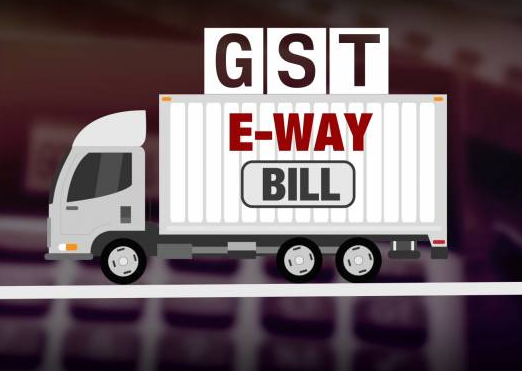GST Benefits-All Business Owners Should Know
GST BENEFITS-ALL BUSINESS OWNERS SHOULD KNOW
Removal of Cascading Effect and Multi-layer taxation
- In a layman’s language, the cascading effect means charging Tax on Tax.
- In order to appreciate the benefits of GST we must understand the deficiencies in the earlier tax system which had created the Need for GST in the first place.
- Excise duty input credit had not be included in the chain of value addition in the distributive trade after the stage of production, which was added to the cost of Product in the hands of distributor and VAT / CST was charged on the same. It leads to cascading effect in Tax.
- GST is an indirect tax that has brought most of the indirect taxes under one single umbrella.
- It provides credit in the form of an Input Tax Credit (ITC) on tax previously paid to ensure that there is no overlapping of taxes.
Input credit issues:
- In the earlier tax system, Service tax paid by the trader will not be available as input tax under VAT/CST hence that was added to the cost while calculating VAT/CST and
- CST input can’t be claimed as input for VAT and vice versa which were all taken care under GST.

Registration & Composition scheme for Small and Medium businesses
- The Registration limit under GST has been increased to 20 lakhs and then again to 40 lakhs from 5 lakhs under VAT, 10 lakhs under Service tax.
- Under GST, small businesses that have a turnover of up to 1.5 Crore INR can bring down their compliance and tax burden by choosing the composition scheme over the regular structure of GST.
- They can pay GST at flat rates of 1%, 5%, and 6%.
QRMP Scheme
- QRMP Scheme has been brought in for regular Tax payer with turnover less than 5 crores
- In this option GSTR-1 & GSTR-3B can be filed quarterly basis and
- There is another option available for the person opting QRMP Scheme to use IFF facility in which first two months of quarter outward supplies can be reported using IFF facility and to file GSTR-1 for last month

Refund
- Manual process of refund has been put to end. Refund procedure has been brought to complete online from 26th Sep, 2019.
- The processing time has been reduced for granting of refund.
- Refund processing fully automated via ICEGATE facility. Portal enabled application for Refund procedures can be accessed with ease.
E-way bill
- A new concept of e-way bill has been brought which has reduced the long waiting at check posts in state borders.
- Validity of e-way bill for regular transport vehicle is one day for every 200 Km and for over dimensional vehicle one day for every 20 Km
- The E-way bill validity can be extended by the transporter within 8 hours before or after the expiry of e-way bill
- If the movement of goods not happened after the generation of e-way bill the same can be cancelled within 24 hours

E-invoicing
- With effect from 1st April,2022 e- invoicing is applicable for the entities having turnover of 20 crores or more.
- E-invoice generated will get auto reflected in GSTR 1 there is need of entering the details again.
- e-invoice once generated can be cancelled within 24 hours if not done it need to be manually cancelled in GSTR 1.
Extended due date to claim ITC:
- Earlier in VAT the missed ITC has to be claimed with in the financial year or 90 days from invoice whichever is later.
- In GST, last date to make amendments, corrections, upload missed invoice or to claim missed ITC has been extended October 20 and the date has been further extended to 30th November.
Simple and easy online access
- The whole procedure of GST (from registration to furnishing of GST returns) is available online and is easily accessible.
- It has become quite helpful for new businesses especially, as they just have to register on a single portal for all their needs.
Regulation of the Unregulated Sectors
- In the pre-GST times, certain specific businesses in India like the textile and the construction sectors were highly unregulated and had loopholes for tax evasion.
- However, with the implementation of GST, these sectors have been regulated by reducing the burden of tax compliance and simplifying the taxation structure.
Expanded markets:
- The one nation – one tax has opened up all of India like never before and created a level playing field for everyone.
- Earlier SMBs used to limit their reach within the state fearing the burden of tax and other complexities on interstate sales.
- The GST has eliminated this fear and transfer of tax credit [irrespective of the location of the buyer and the seller] in the new regime will encourage the entrepreneurs to look beyond the narrow intra-state business.
